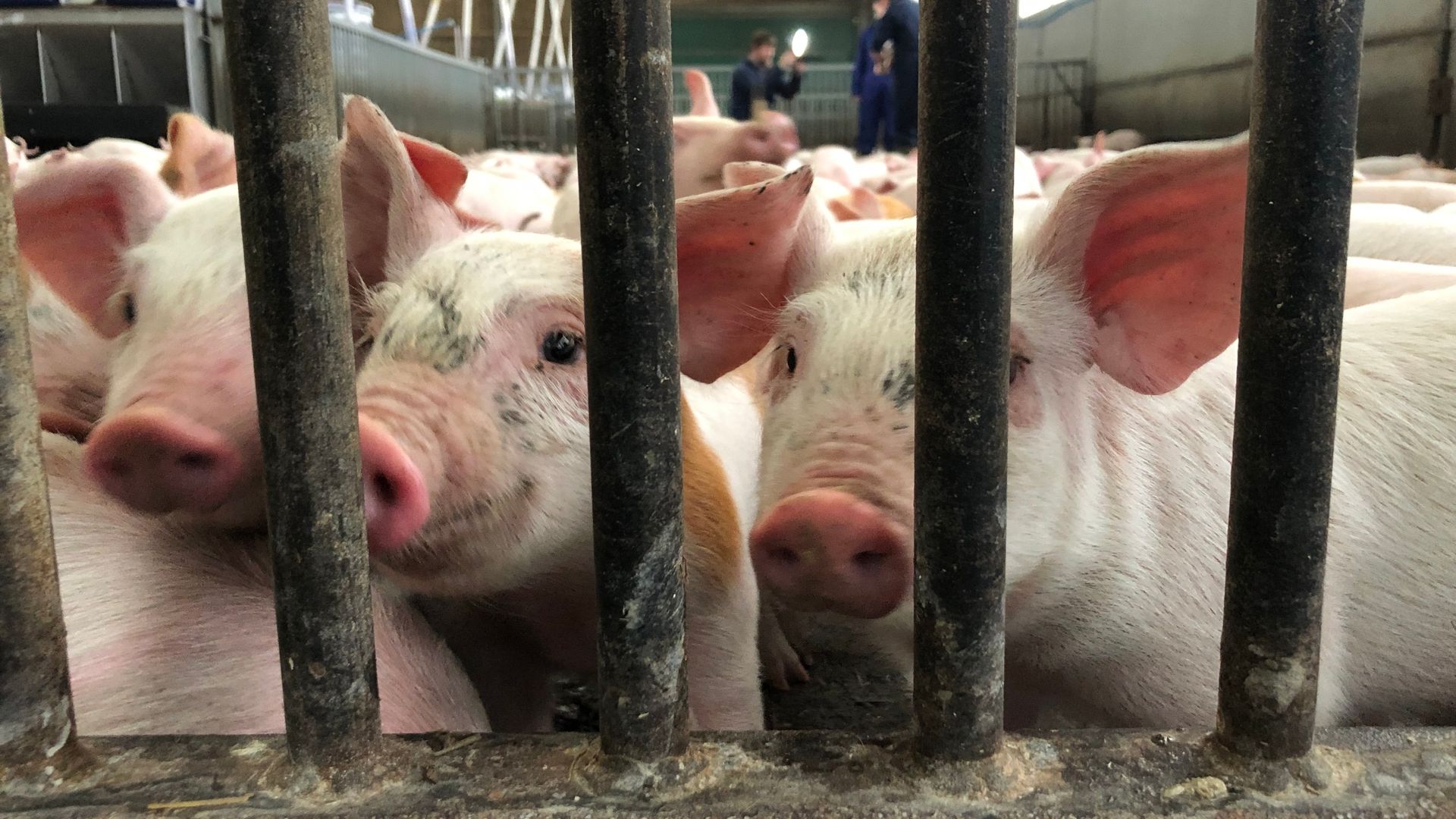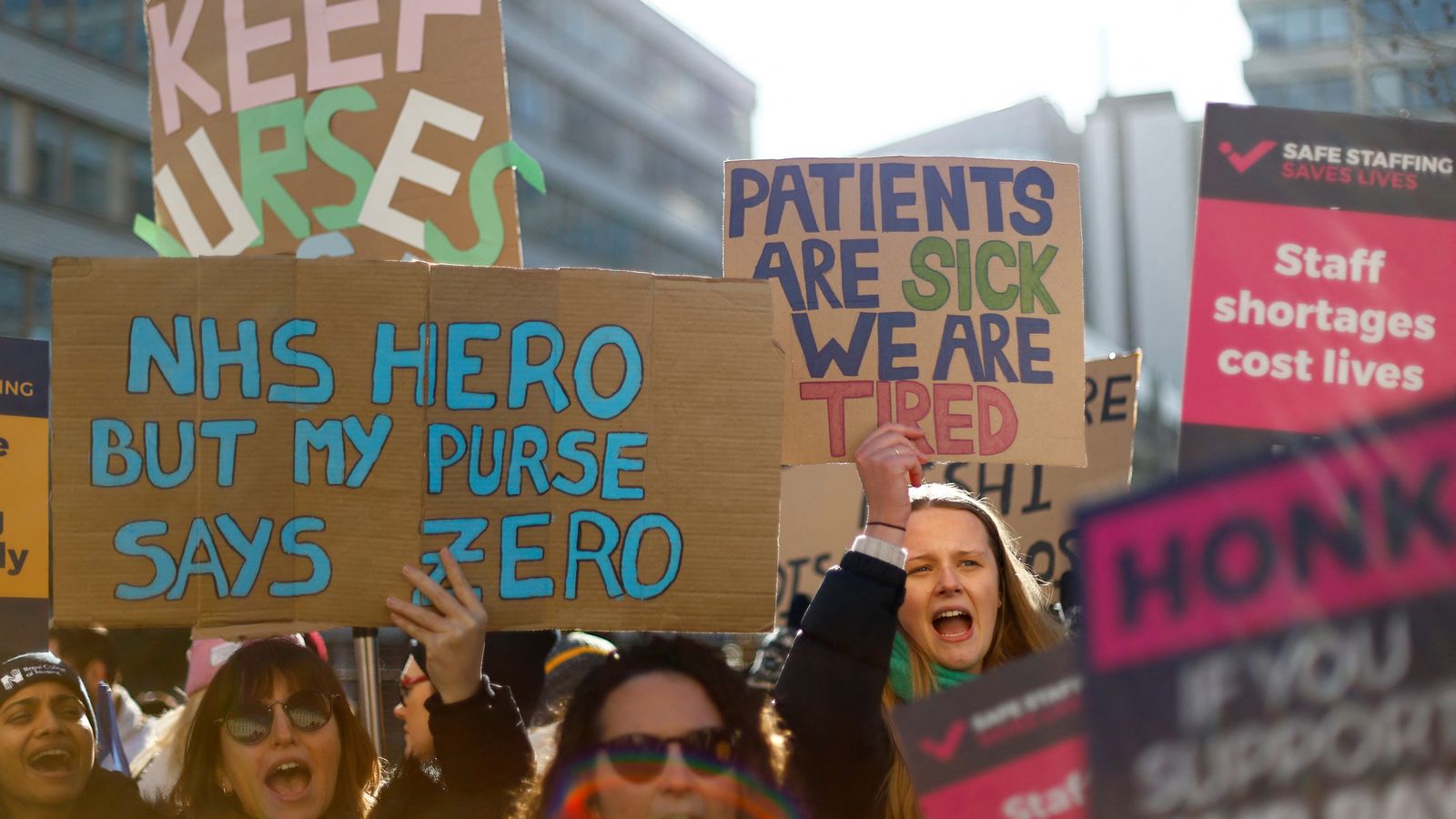China may target the European Union’s pork producers in retaliation for EU tariffs on its electric cars.
The world’s second largest economy revealed on Monday that it had launched an investigation into imports of pork for human consumption from the bloc.
The Commerce ministry inquiry was in response to a complaint by Chinese pork producers earlier this month.
Money latest:
What I learnt from putting my home on Airbnb
The announcement was made less than a week after the European Commission said it would impose additional tariffs of up to 38% on battery electric cars imported from China by 4 July, unless a remedy could be agreed.
The planned penalties, which Europe’s car industry opposes, are a response to what the commission sees as unfair Chinese state support for manufacturers that is pricing out European competitors.
By targeting pork, instead of tit-for-tat measures on EU-made electric vehicles, China would avoid harming its own car brands’ European operations.
Party supplies retailer Wonder on brink of administration
Retailers accused of keeping petrol and diesel prices high for ‘no good reason’ while Britain ‘distracted’ by election
UK house prices still at ‘record high’ as market remains ‘steady’
Please use Chrome browser for a more accessible video player
Spain, the Netherlands, Denmark and France are among the top seven exporters of pig-related goods to China.
Russia and South America could be the main beneficiaries of any resulting tariffs on EU pork.
Read more from business:
Fuel prices ‘kept high while Britain distracted by election’
UK house prices still at ‘record high’ as market ‘steady’
Post Office campaigner given knighthood
Be the first to get Breaking News
Install the Sky News app for free
Spain is the top supplier of pork to China, accounting for a quarter of all imports at a value of $1.25bn annually, according to Chinese customs data.
Spanish pork producers group Interporc said it would fully cooperate with the investigation by Chinese authorities, adding: “The EU and China have plenty of time to reach agreements”.
Its Danish counterpart warned producers would be “hit incredibly hard” by any restrictions on sales to China.








